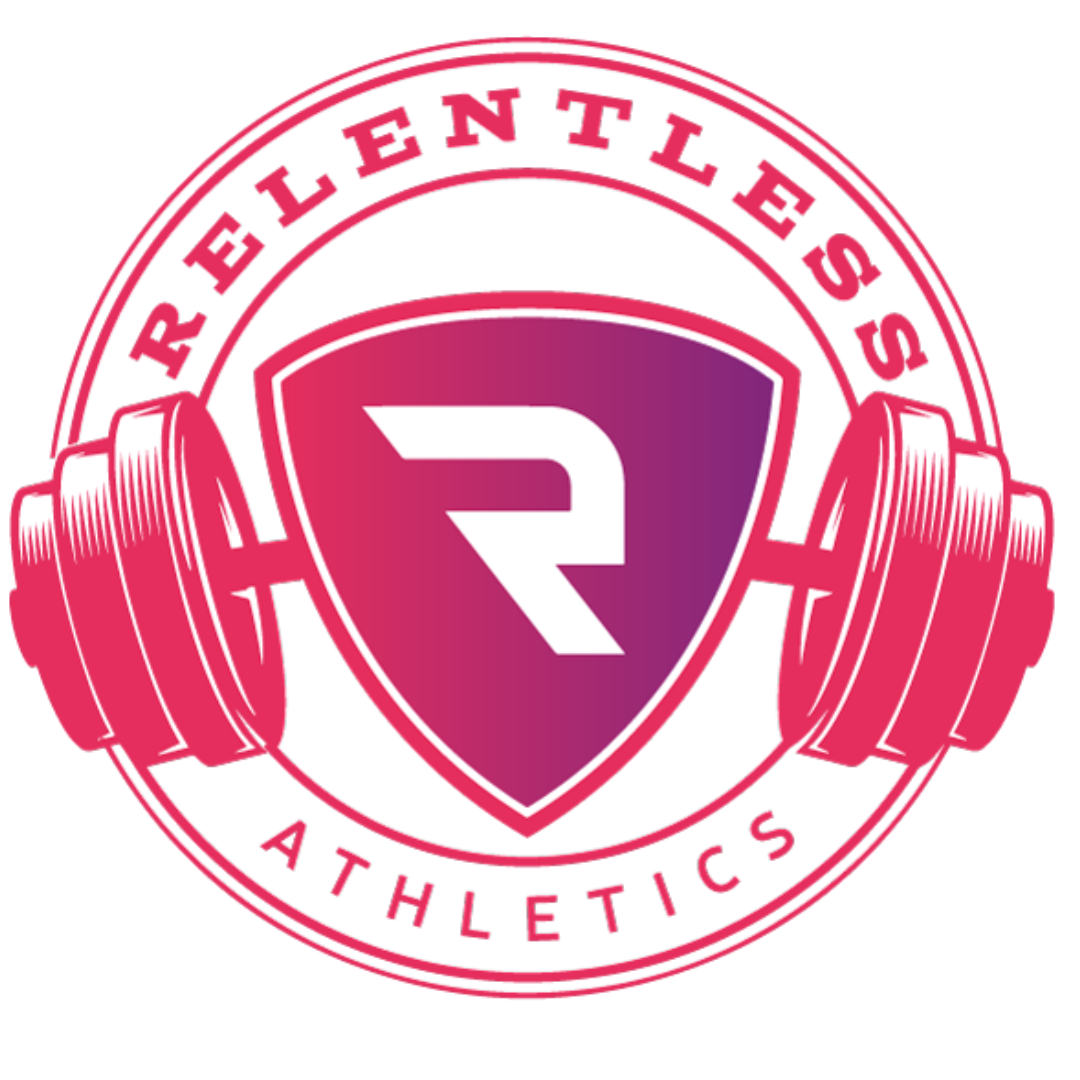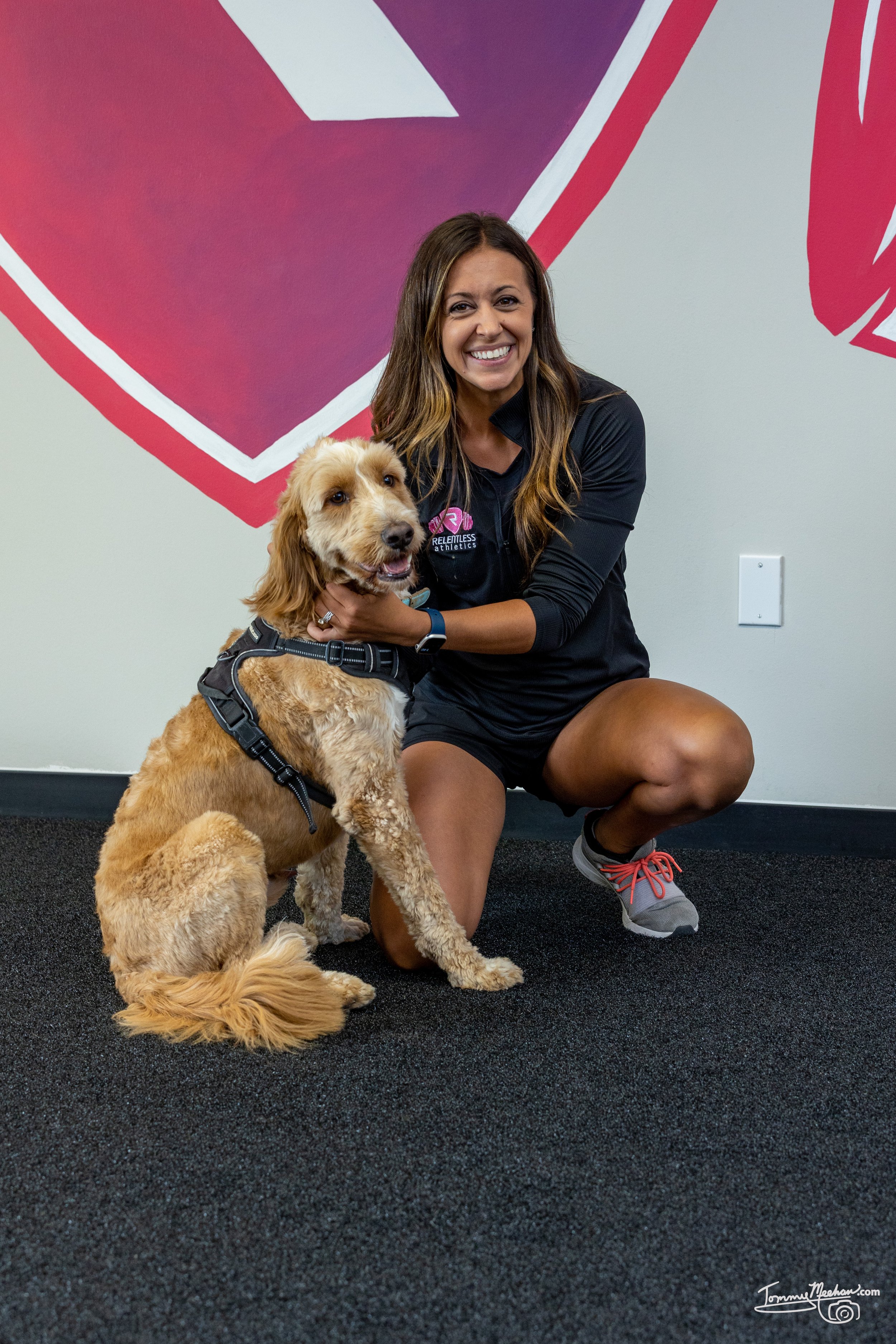Strong Girls Don’t Skip Snacks
By Emily Neff (Pappas), Ph.D.
You’re not imagining it.
Your daughter seems more tired than ever — and it’s only Tuesday. She woke up exhausted. Her legs are still sore from the weekend. And now that nagging ankle thing is acting up again...
At Relentless, we’ve worked with thousands of female athletes.
This isn’t laziness. It’s underfueling [1].
1. She’s Skipping Breakfast (and Still Running on Empty by Practice)
The most common mistake we see?
She’s waking up tired — and then skipping breakfast entirely.
Whether it’s nerves, a tight schedule, or “not feeling hungry,” most of the athletes we coach are going 6+ hours between dinner and their first meal of the day. That’s a huge problem when it comes to energy, mood, and injury risk [2].
And what’s worse? When they finally do eat, it’s often a small lunch and nothing again until after practice. Her body is constantly trying to catch up.
2. She’s Not Snacking — So She’s Not Recovering
At Relentless, we have one rule:
Strong Girls Don’t Skip Snacks.
Why? Because most of the time, 2-3 meals alone aren’t enough.
When your athlete is:
On the field 5–6 days per week
Lifting weights, sprinting, or conditioning
In-season or playing tournaments on weekends
… she needs to fuel between meals to stay ahead [3].And yet most girls:
Don’t bring snacks to school or practice
Have no plan for recovery fueling
Assume soreness and fatigue are just “normal” for athletes
Snacking is the #1 low-hanging fruit to help female athletes recover faster, feel stronger, and stay healthier [4].
3. She’s Still Sore, Still Injured… and Still Underfueled
If your daughter:
Takes multiple days to recover
Complains of low energy during school or practice
Has recurring or nagging injuries...
…it’s likely that she’s not eating enough for what her body is doing.
Research has shown that underfueling increases the risk of soft tissue injuries, hormonal imbalances, and long-term burnout — especially in female athletes [5, 6].
💡 So What Can Parents Do?
You don’t need to count every calorie or start packing Tupperware.
But you do need a system.
That’s why we created our free Parent Power Hour — a 20-minute Zoom recording that breaks down:
The 3 fueling mistakes we covered above
Our Strong Girls Don’t Skip Snacks strategy
A printable cheat sheet of snack ideas athletes will actually eat (and remember to bring!)
📥 [Click here to get the Zoom recording + snack cheat sheet]
(We’ll email it to you so you can watch anytime!)
When Girls Fuel Better, Everything Gets Better
They:
Wake up with more energy
Recover faster after games
Stay focused in school
Avoid the cycle of chronic soreness or injury
Fueling isn’t about weight or restriction — it’s about performance, confidence, and longevity in sport.
And it starts with snacks.
References:
Mountjoy, M., et al. (2014). The IOC consensus statement: Beyond the Female Athlete Triad—RED-S. British Journal of Sports Medicine.
Jeukendrup, A., & Gleeson, M. (2019). Sport Nutrition: An Introduction to Energy Production and Performance.
Thomas, D. T., et al. (2016). Position of the Academy of Nutrition and Dietetics on Nutrition and Athletic Performance. Journal of the Academy of Nutrition and Dietetics.
Kerksick, C. M., et al. (2017). Nutrient timing and performance. Journal of the International Society of Sports Nutrition.
Nédélec, M., et al. (2013). Recovery in soccer: part I. Sports Medicine.
Logue, D. M., et al. (2018). Low energy availability in athletes: A review of prevalence, symptoms, and impact. European Journal of Sport Science.
ABOUT THE AUTHOR
Emily is the Owner and Program Director at Relentless.
In 2015, Emily opened Relentless Athletics to build a community for female athletes while educating their parents and coaches on the necessity of strength training and sports nutrition to optimize sports performance and reduce injury risks in the female athlete population.
Emily holds a Ph.D. in Kinesiology with a research focus on female athletes & the relationship between Olympic Weightlifting, performance, and ACL injury rates in adolescent female athletes. She holds an M.S. in Exercise Physiology from Temple University and a B.S. in Biological Sciences from Drexel University.
Through this education, Emily values her ability to coach athletes and develop strength coaches, using a perspective grounded in biochemistry and human physiology.
When she isn’t on the coaching floor or doing work behind the scenes, she is at home with her husband, two kids, and of course, their dog Milo!












